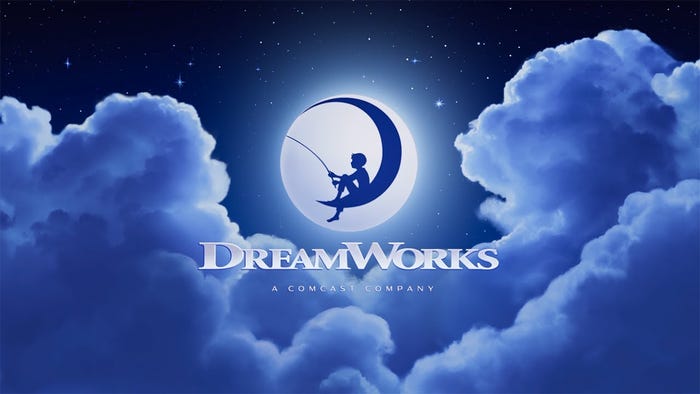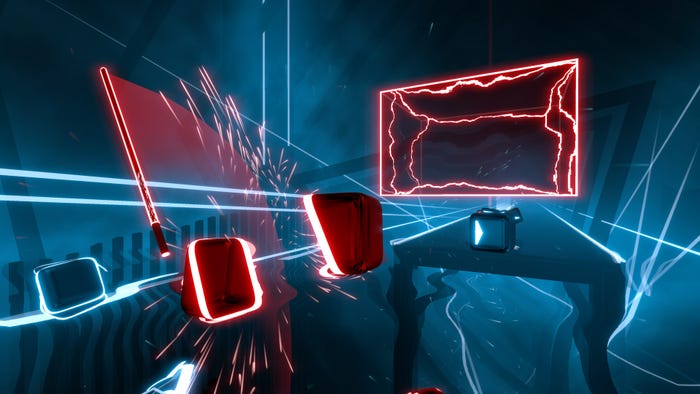The struggle to make sci-fi space colonies feel grounded in Aven Colony
Mothership's Paul Tozour opens up a bit about how, through specific design and writing choices, the studio tried to make its sci-fi space colony management sim feel human and grounded.

Even in the depths of space, sometimes a little humanity can be found.
Or at least, that's what the team at Mothership Entertainment wanted to do with Aven Colony, which released earlier this year across consoles/PC and has since received a steady drip of updates. Despite the galactic and starry setting -- or the existence of extraterrestrial components like aliens ruins and artifacts -- one of the team's design goals was to keep things feeling human.
"When you're doing something on an alien world it's really easy to make something, you know when you have far-out science fiction that's ten light-years from Earth, five hundred years in the future," says Mothership general manager Paul Tozour.
"It's very very easy to make something that's full of crazy aliens and is really going to alienate people and not be relatable, and so we wanted to make sure that we kept it as human and relatable as possible and gave you that feeling of vulnerability and had human colonists that you could relate to."
From a developer's perspective that meant keeping some aspects, literally, grounded. Tozour mentions how in the future, it probably isn't that likely that humans will continue to grow crops in the current fashion, instead most likely shifting to some sort of food fabrication process. Sorry carrots, you just aren't the food of the future.
"We're actually really inspired by Firewatch, and in particular the way that Firewatch, the dialogue just felt really natural and human and relatable."
"You could have a nanofabricator that could make something that looks like a hamburger and tastes like vanilla ice cream," Tozour says.
The problem with such futuristic food concoctions is that it isn't something that players would be able to relate to.
"We don't want to just have some vat that's like, 'OK, here's where the food is coming from,' you know, you need people to feel like 'OK, I've got these settlers on this alien world and they're surviving' so you've got to have things like farms and greenhouses in order for the game to actually be relatable," Tozour says.
A three-pronged approach
Aven Colony tries to present an experience that is understandable, and also human and relatable. Tozour pointed to three different areas that all try to impart these same goals: The game's colonists, the advisor characters, and how the story is told.

For the colonists, well, they'll talk to players. "We did a huge amount of voice work for this game, and so that's honestly part of the fun is hearing all the different complaints that people will have as various different parts of your colony will start malfunctioning or they run out of food or water," says Tozour.
Players are also joined by five advisors, who give objectives. And as for the story, the team was inspired by a game that didn't take place on another planet, but right here on Earth.
"We're actually really inspired by Firewatch, and in particular the way that Firewatch, the dialogue just felt really natural and human and relatable," Tozour says.
In-game, the story unfolds via Shipe calls (think: Skype, but in outer space) which happen near the end of missions.
"We wanted people to really feel like, you're the governor of this little colony, and it's not just you out here," Tozour says. "You're dealing with this whole support team, and as you're playing through the early missions of the campaign they're constantly popping in and saying 'Hey, here's what I think you should do' ... as well as guiding you towards what you need to do to build a viable colony."
The team also worked with real-life astrobiologist Abel Mendez, director of the Planetary Habitability Laboratory.
"When you're building a sci-fi game, there's always a trade off between the sci and the fi, right?" Tozour says. "For us, we're game developers, we care about the game play and the fiction first, and frankly, the science is secondary. But, having said that, we want to work within the constraints of the science."

The end result for Aven Colony is a game that, according to Tozour, ended up being "somewhat realistic," while still falling squarely into the genre of science fiction. Some items, like the alien artifacts, are completely devoid of any scientific tie.
"You've really got to focus on what works within the context of the game," Tozour says. "What really makes the game more fun. There's a lot of scientific elements that we chose not to include, there [are] also a lot of fictional elements that we chose not to include, just because of the need to create a focused game-play experience."
For example, while the colonists of Aven Colony are both racially and gender diverse, players won't find futuristic options like blue skin or genetic modifications.
"We didn't want to try address that in Aven Colony unless we could really tie it in with the gameplay," Tozour says.
And now, after some rough development -- and even being unsure what would happen with the game early last year -- Aven Colony has shipped, bringing a development journey that started in 2013 to an end.
"We definitely had a few moments of despair in development, but every time we'd encounter one of those moments, we'd start playing the game, you know, and the game would just not let us quit," Tozour said. "And it just kept telling us ... 'You got to keep going, you got to see this all the way through.' And I'm really, really glad that we did."
About the Author(s)
You May Also Like













